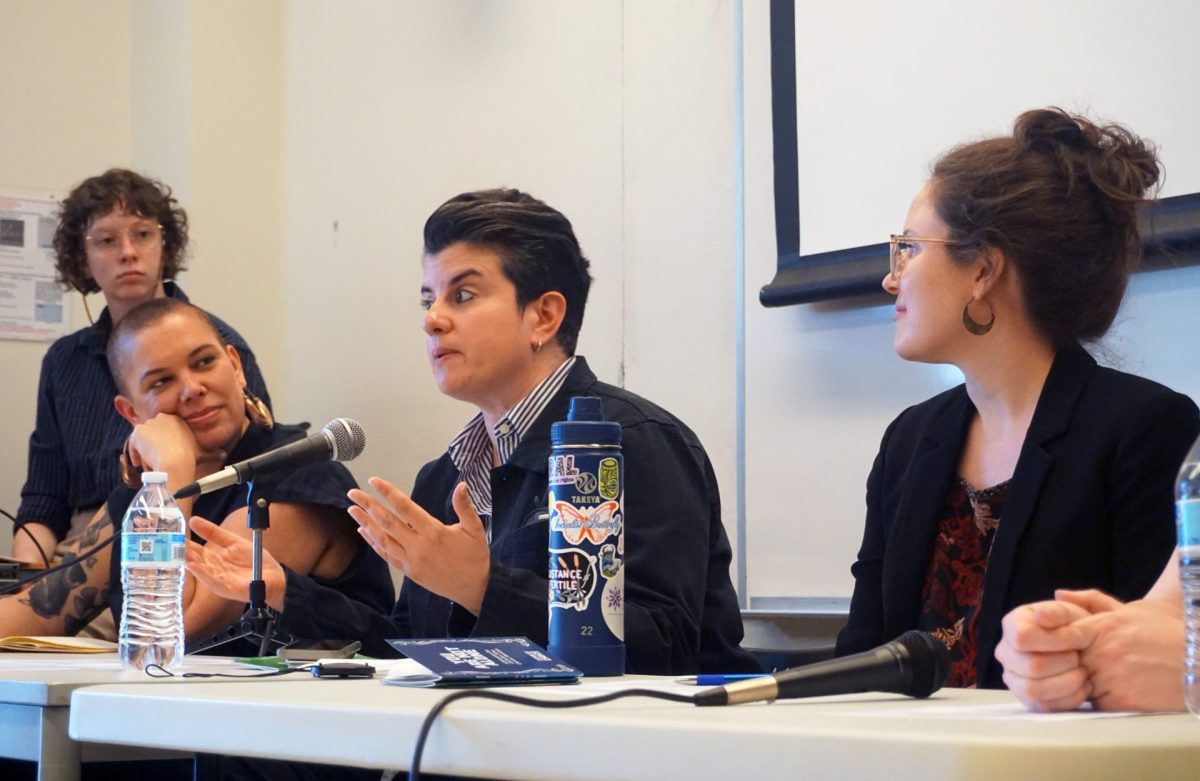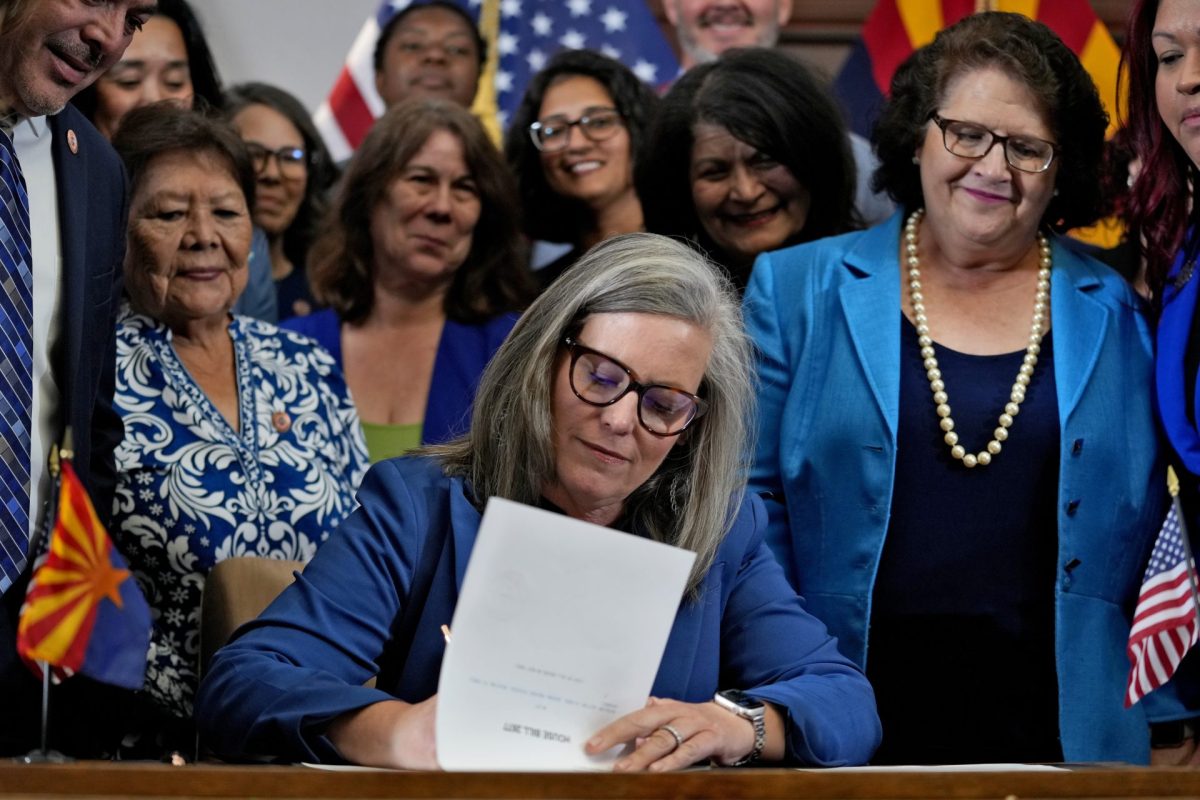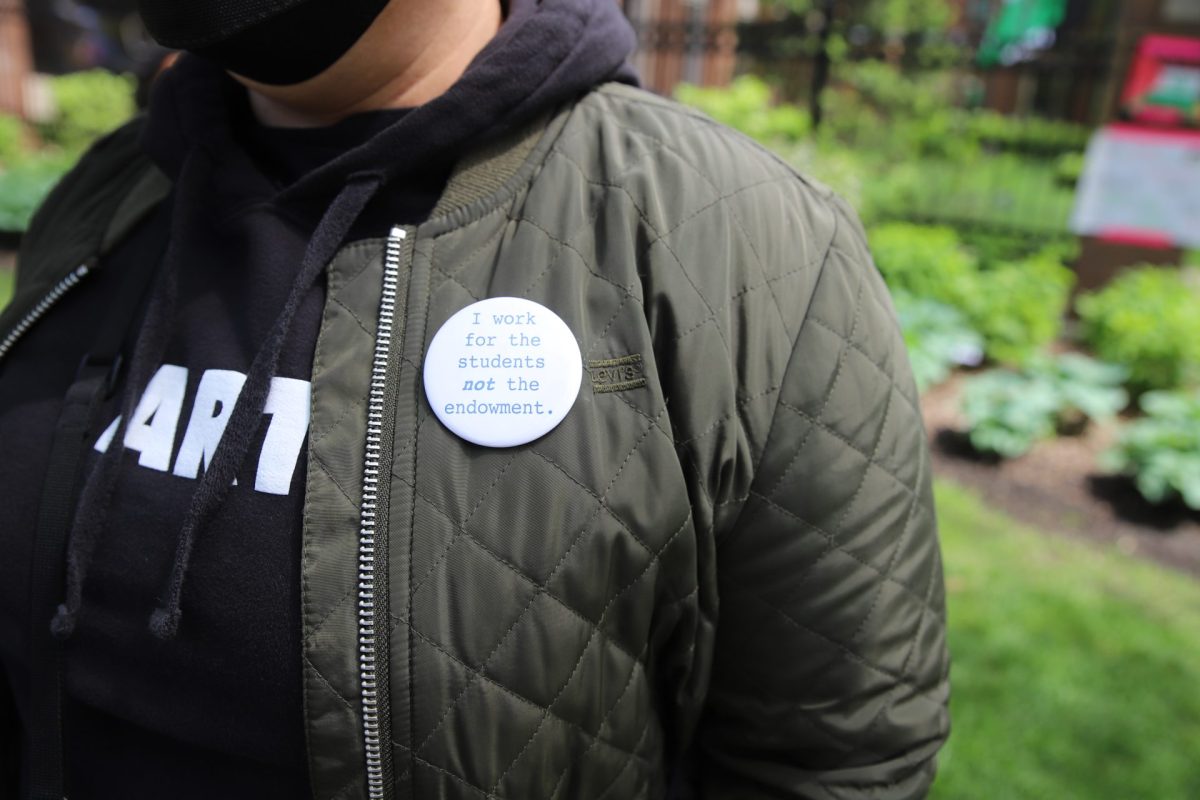Amidst two historical Supreme Court cases, the Human Rights Campaign (HRC) – the United States’ largest lesbian, gay, bisexual and transgender advocacy group – launched a movement by simply making their logo red.
After posting the image, the HRC encouraged Facebook and Twitter users to make their profile pictures red March 26 to show their support for marriage equality on the first day of Supreme Court hearings dealing with the issue of same-sex marriage. Without a doubt, the support was overwhelming.
According to CNN, a red-logoed Facebook post by the campaign was shared 43,000 times. As a result, Fred Saiz, vice president of HRC, said the image has been seen by 10 million people on Facebook alone.
The Supreme Court cases deal with the definition of marriage and whether it is constitutional for the state or federal government to ban same-sex marriage.
The first case deals with Proposition 8, a state constitutional amendment in California that was passed in 2008 and only recognizes marriage between a man and a woman.
The other case deals with the overturning of a U.S. federal law called Defense of Marriage Act (DOMA). It was passed in 1996 with the same strict definition of marriage as Proposition 8 and denies same-sex couples federal benefits even if they are legally married in a state.
The Supreme Court decisions will not be made until June, but have already caused more leaders to come out in support of same-sex marriage.
Both Bill and Hillary Clinton made public statements last month reflecting their stance. The former president, who signed the DOMA bill, said last month that he decided to support same-sex marriage and he believed the law should be overturned.
Former Secretary of State Hillary Clinton echoed the same sentiments, saying, “I support it personally and as a matter of policy and law, embedded in a broader effort to advance equality and opportunity for LGBT Americans and all Americans.”
It was only a year ago when President Barack Obama made history as the first sitting U.S. president to support marriage equality. According to ABC News, he has recently expressed that he “hopes the Supreme Court will grant same-sex couples the right to marry” even though he defined marriage as being between a man and a woman in an interview with WTTW Chicago public television when running for an Illinois Senate seat in 2004.
“At a certain point I’ve just concluded that for me, personally, it is important for me to go ahead and affirm that I think same-sex couples should be able to get married,” said Obama in an interview after publicly announcing his support.
The president is not the only public figure whose views on same-sex marriage have evolved. Recent public attention has been on Republicans who have stated their full support for gay marriage despite their party’s opposition. Last month, Ohio Senator Rob Portman became the first sitting Republican senator to endorse it after his son told him he was gay.
“I had a change of heart based on a personal situation,” said Portman to a Columbus CBS-affiliated television station, “but the more I think about it and the more I was able to delve into the issue, the more I believe that this is something that would be better, actually, for stability and the kinds of benefits you get from marriage.”
Additionally, while Illinois waits for its House to vote on a measure that would legalize same-sex marriage, Illinois Republican Senator Mark Kirk announced his support last Tuesday. He said he changed his mind after recovering from a stroke that nearly killed him.
“When I climbed the Capitol steps in January, I promised myself that I would return to the Senate with an open mind and greater respect for others,” said Kirk. “Same-sex couples should have the right to civil marriage. Our time on this earth is limited, I know that better than most. Life comes down to who you love and who loves you back – government has no place in the middle.”
While the list of politicians advocating for same-sex marriage continues to grow, there is a part of the LGBT community that still feels marginalized because for them. There still remain people who are discriminated against because they have difficulty with their sexual identity, or either are intersex with anatomy that is not completely male or female or are asexual and do not feel sexual attraction.
“While it has been nice to see so much symbolic support for same-sex marriage on my Facebook feed, it is a little disheartening to know that people have not looked into what organization that red equal sign represents,” said freshman Marty Schissler, a member of the student organization Trans*(formation) at DePaul.
“The fight for LGBTQIA rights is much more than a debate about same-sex marriage and it is about time people start treating it that way. We must not forget trans* and gender queer individuals, undocumented LGBTQIA folks, and all others less privileged than us, most of whom will not benefit from same-sex marriage laws. An all-inclusive, intersectional approach is necessary if we hope to make substantial progress on all fronts.”







